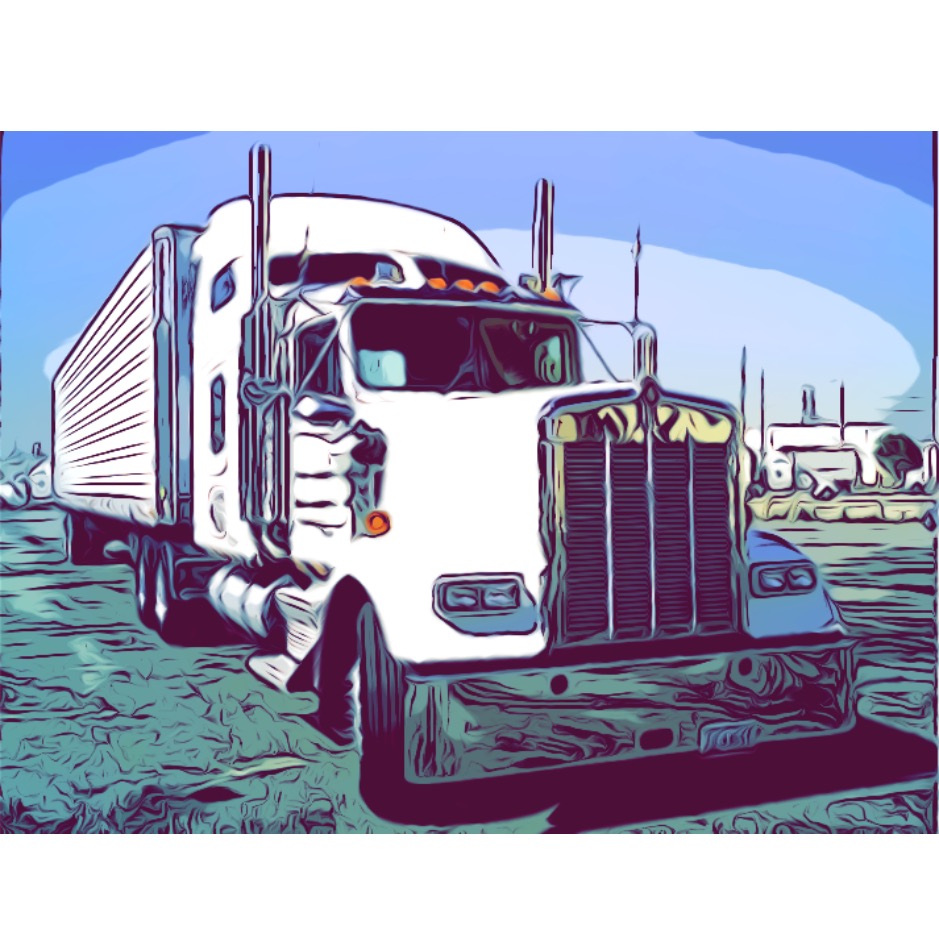18-WHEELER WRECKS

On highways and interstates, the colossal presence of 18-wheelers is a common sight. These mammoth vehicles serve as the backbone of the transportation industry, delivering goods across vast distances. However, beneath their towering frames lies a sinister side. The dangers posed by 18-wheelers are not to be taken lightly, as their size, weight, and operational complexities can lead to devastating consequences. Here are some of the hazards associated with these formidable machines:
- Size and Weight: One of the primary dangers of 18-wheelers is their sheer size and weight. These behemoths can weigh up to 80,000 pounds, making them significantly larger and heavier than regular passenger vehicles. The immense mass of an 18-wheeler translates into longer braking distances and reduced maneuverability. Consequently, it becomes more challenging for truck drivers to respond quickly to sudden changes in traffic conditions, potentially leading to accidents.
- Blind Spots: Another hazard associated with 18-wheelers is their extensive blind spots, also known as “no-zones.” These blind spots exist on all sides of the truck and are significantly larger than those of regular vehicles. Motorists who find themselves in these blind spots are effectively invisible to the truck driver, increasing the risk of collisions, especially during lane changes or when merging onto highways. It is crucial for drivers to exercise caution and avoid lingering in these danger zones.
- Fatigue and Driver Error: Long hours on the road and demanding schedules can often lead to fatigue among truck drivers. Fatigue impairs judgment, slows reaction times, and increases the likelihood of errors. While regulations exist to limit the number of hours a truck driver can be on-duty, instances of fatigue-related accidents still occur. The consequences of driver error can be catastrophic, affecting not only the truck driver but also other motorists sharing the road.
- Mechanical Failures: Maintaining a fleet of 18-wheelers is a complex task. Despite strict regulations and safety standards, mechanical failures can still occur, posing significant dangers to both truck drivers and other road users. Brake failures, tire blowouts, and faulty steering systems are just a few examples of potential mechanical issues that can lead to accidents. Regular inspections and maintenance are vital to minimizing such risks.
- Jackknife Accidents: Jackknifing is a terrifying scenario where the trailer of an 18-wheeler swings out of control, forming a sharp angle with the truck’s cab. This occurs when the truck’s wheels lose traction, causing the trailer to skid sideways. Jackknife accidents are incredibly dangerous, often leading to multi-vehicle collisions and devastating consequences. Improper braking, slippery road conditions, or sudden maneuvers can trigger these accidents.
It’s essential to acknowledge the dangers posed by 18-wheelers and take steps to mitigate these risks. Stricter regulations, improved driver training, and increased awareness among all road users can contribute to safer interactions with these formidable machines. By understanding the hazards associated with 18-wheelers and adopting responsible driving habits, we can work towards a future where the roads are safer for everyone. Remember, vigilance and respect on the road are keys to ensuring our well-being and arriving at our destinations unharmed.
Talk to an Attorney!
18-Wheeler Wrecks are serious–there are inherent legal issues of liability and insurance that immediately come into play. An experienced lawyer can be essential in protecting your rights and getting you compensation for your damages to person and property!
Talk to Scutt Law, PLLC first!
Avoid giving a recorded statement to any insurance company until you have talked to a Lawyer. Under your contract of insurance, you may be required to cooperate with your insurance company’s investigation of the incident–but, that does not mean that you have to do so without the assistance of an experienced injury attorney!